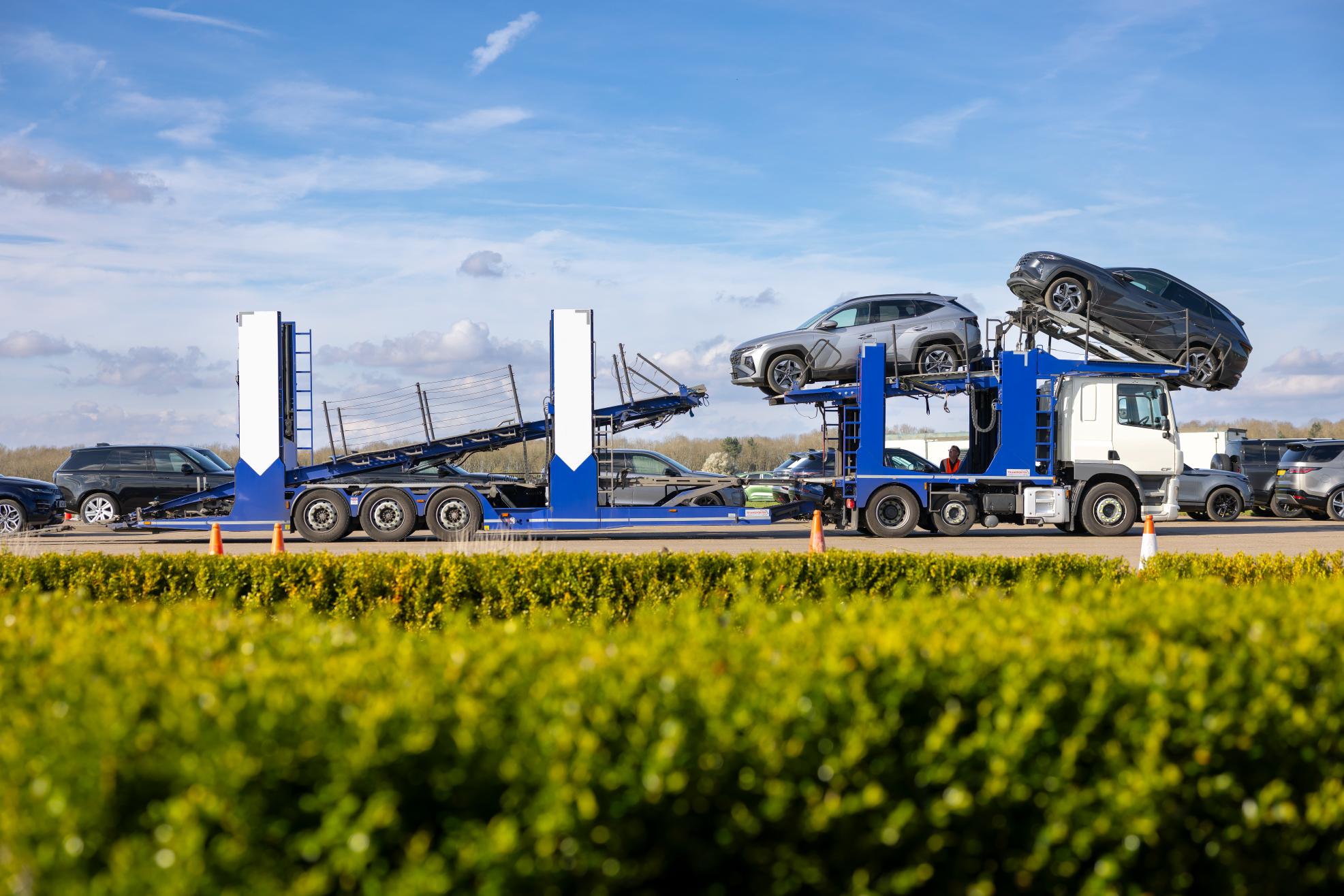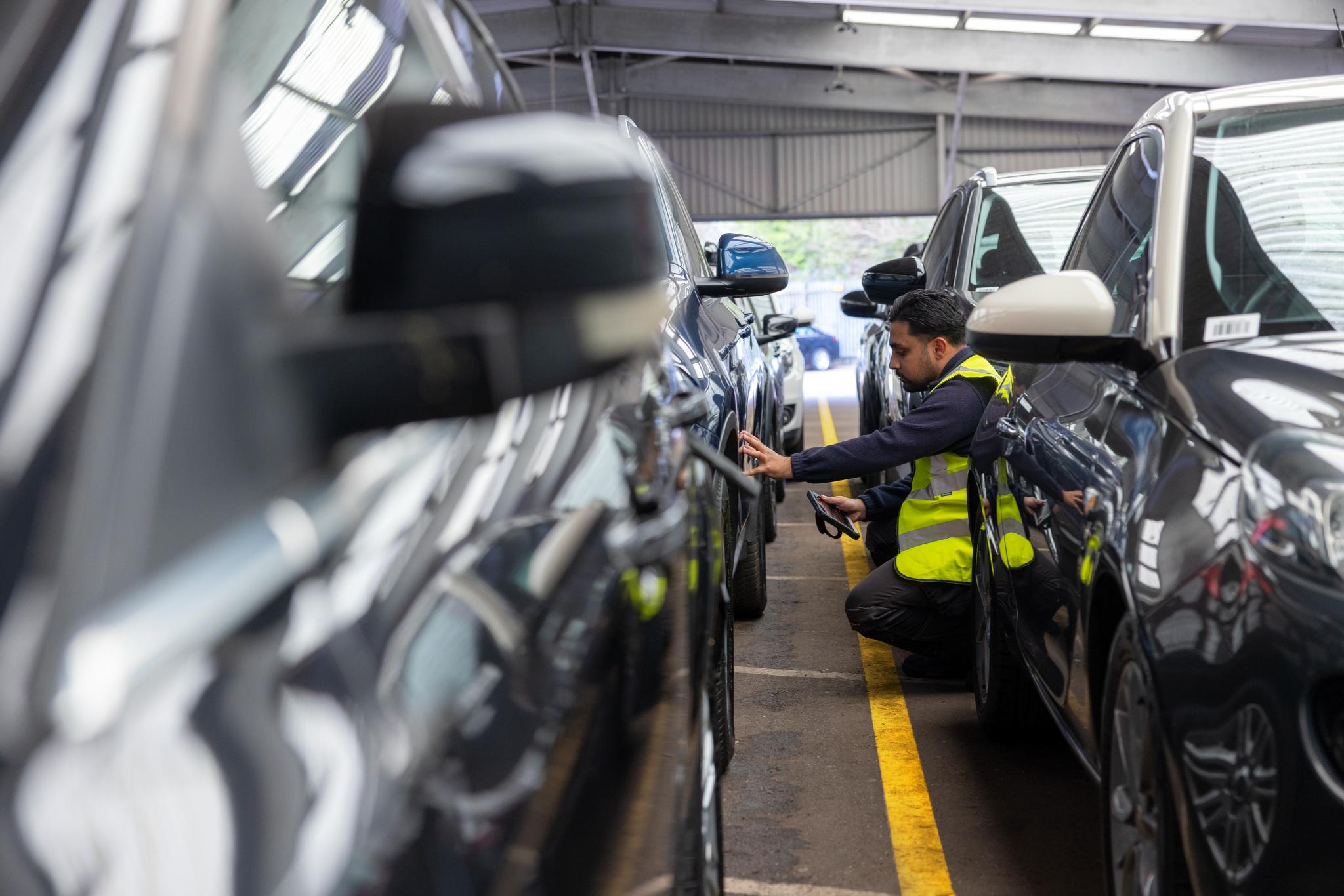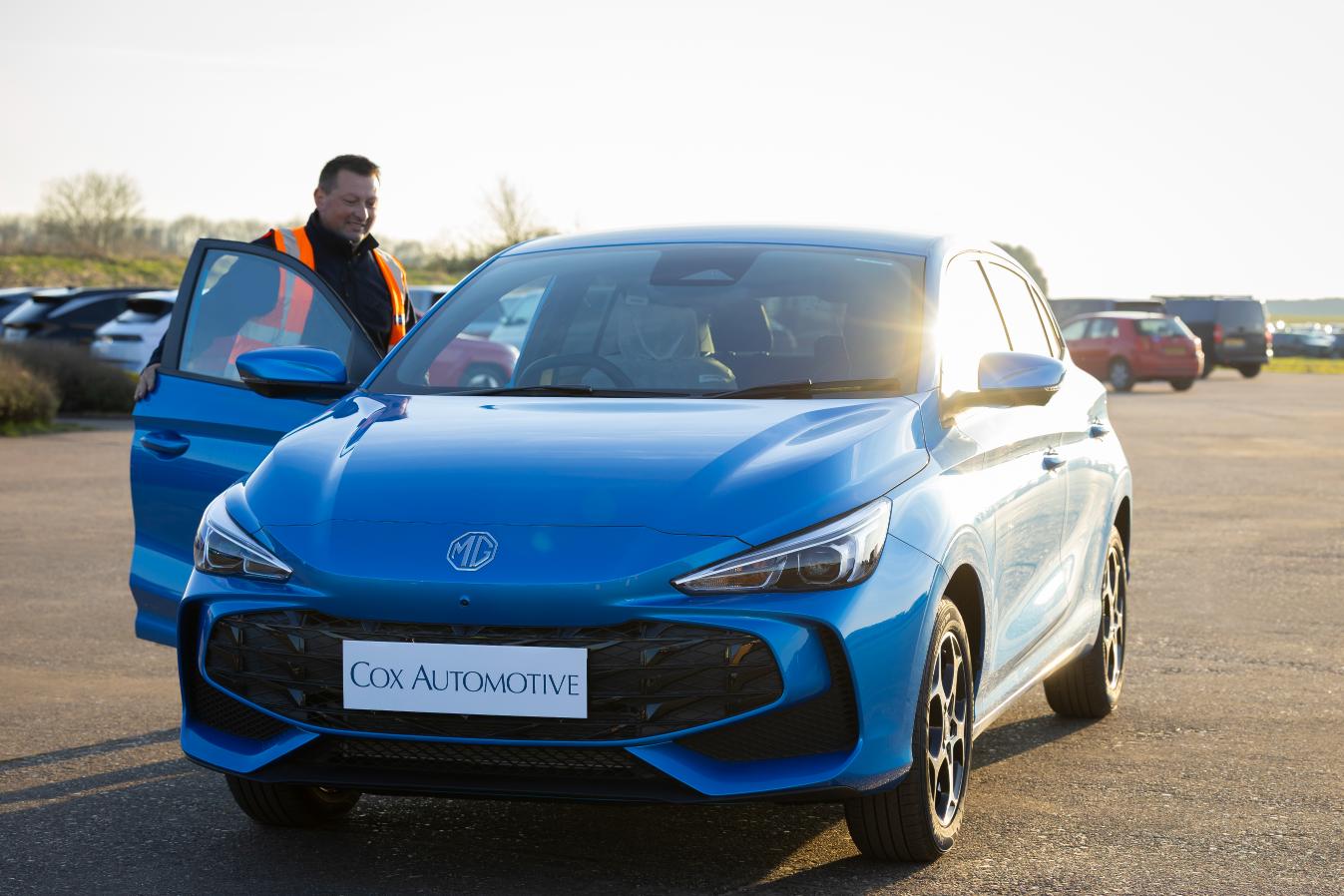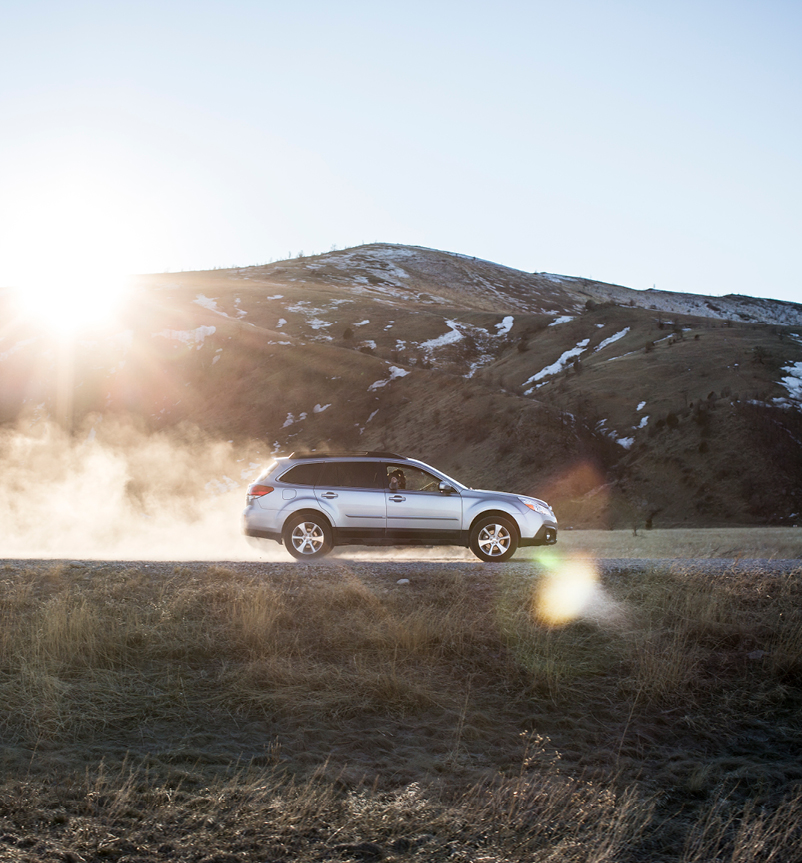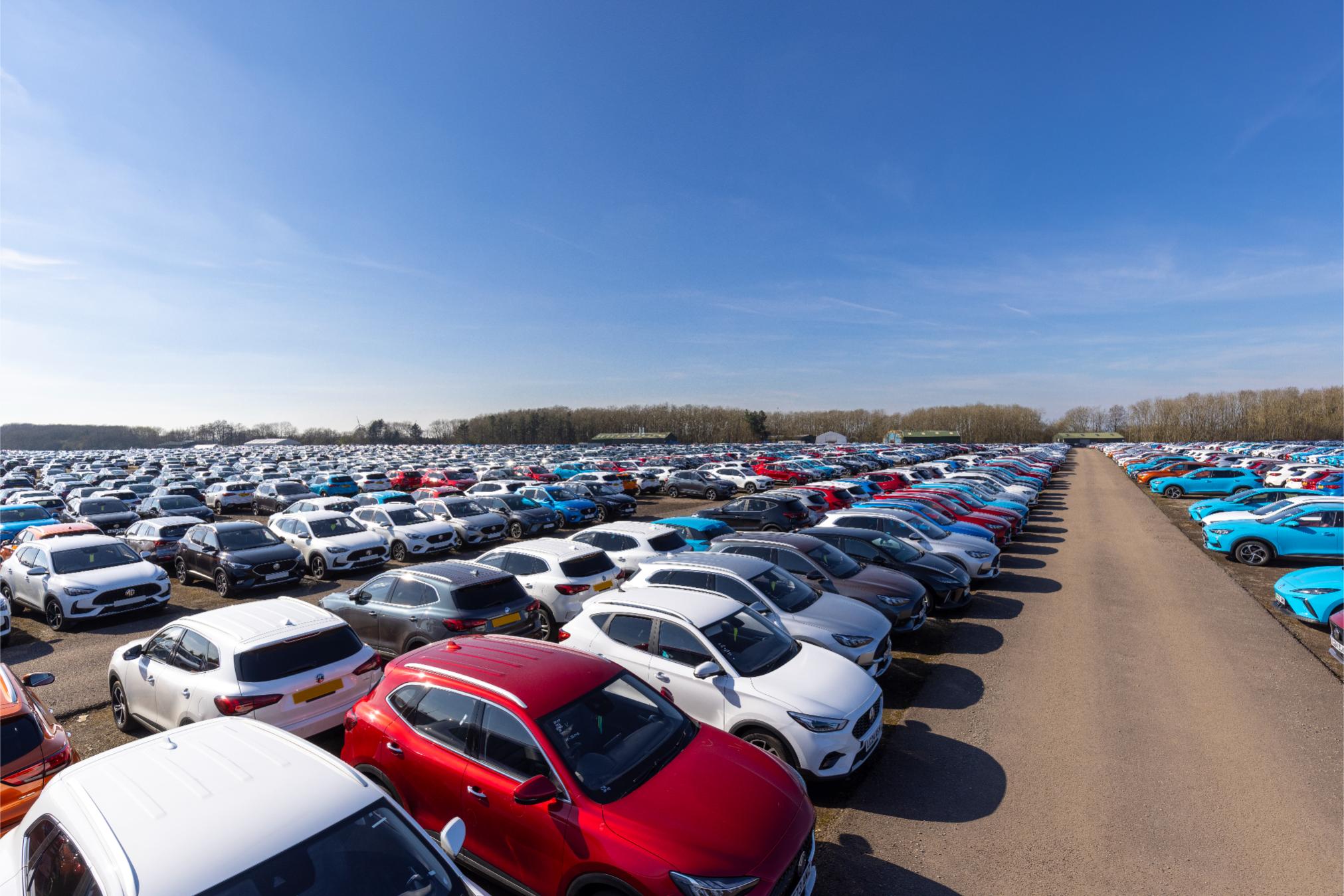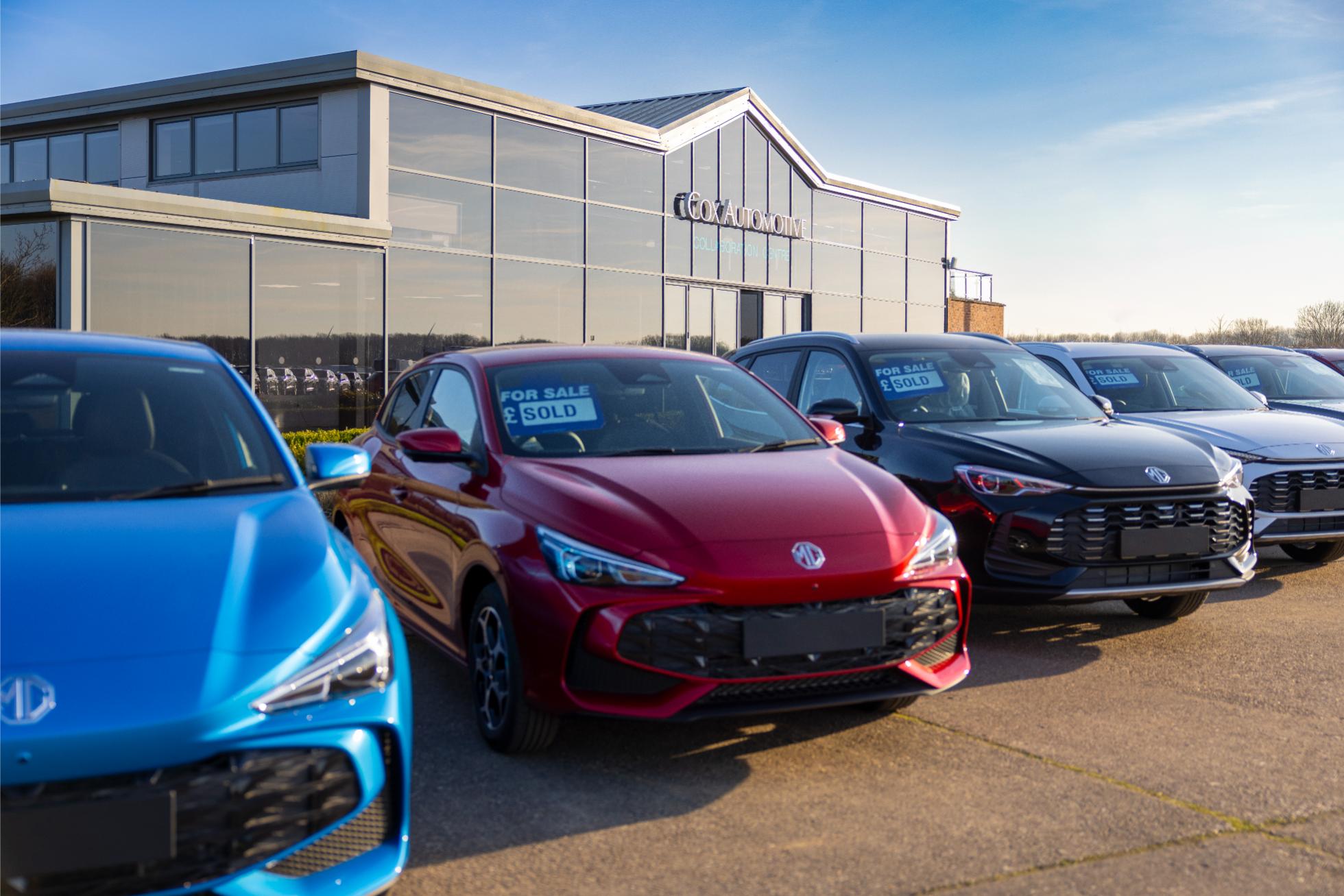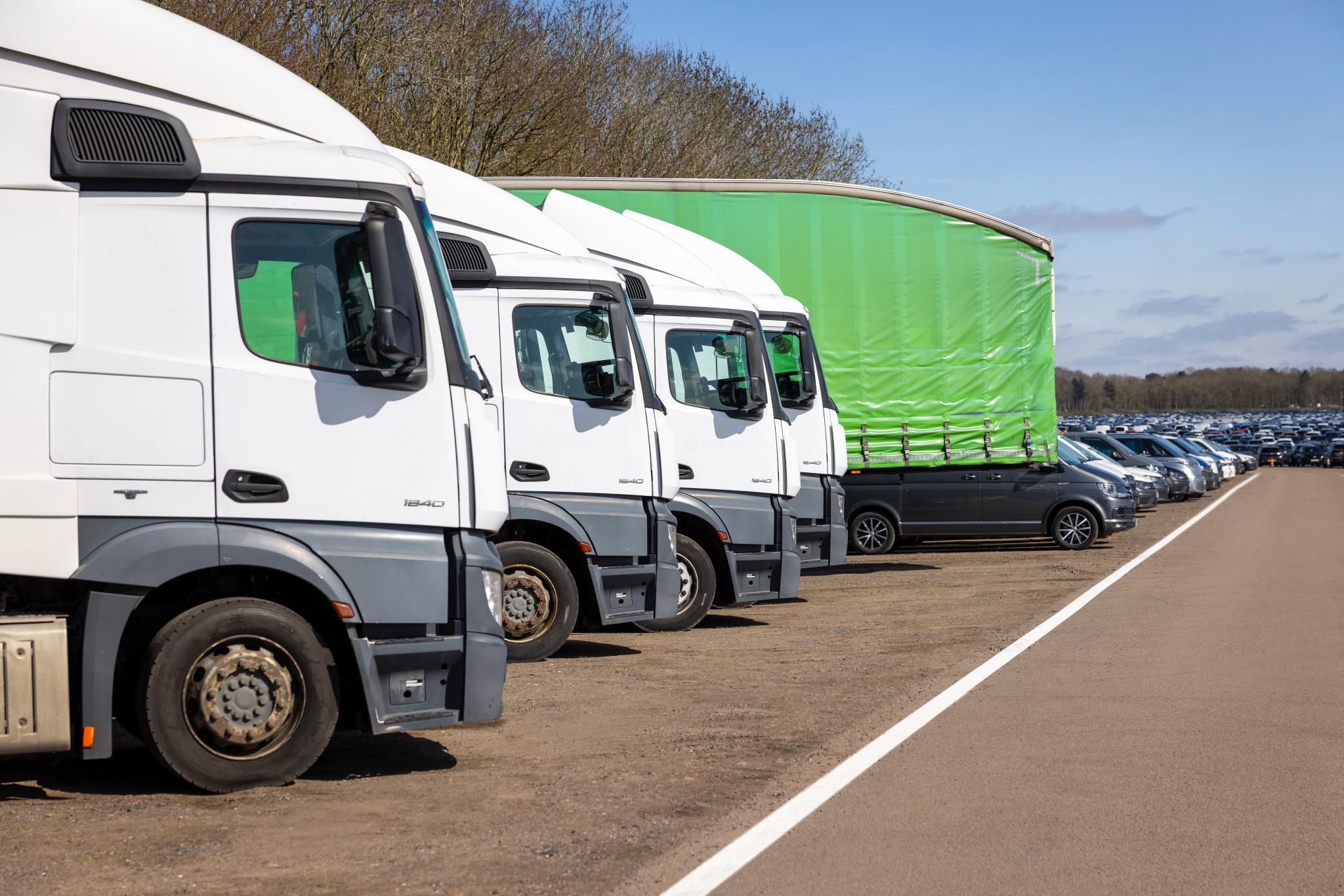There’s never been a better time to buy an EV or hybrid and UK motorists are starting to take notice. Regit’s latest consumer data shows nearly 60% of drivers plan to change their car within the next 18 months, with hybrid vehicles now leading the way. Buyers are becoming more confident, but they’re also more selective - if the right deal doesn’t appear, they’re happy to wait. Almost half say they’re more open to holding on to their vehicle for longer than expected, continuing the trend of longer car ownership seen since 2021.
Hybrid leads and EVs gain ground but more work is needed
Hybrid is now the most popular choice among prospective buyers, accounting for 29% of future fuel preference ahead of petrol (25%) and EVs (15%). Diesel has dropped to just 9%.
EV momentum, while slower than anticipated, is building and multiple factors are now aligning to support stronger uptake:
- Government grants are set to make new EVs more affordable
- Chinese brands are disrupting pricing at scale and forcing competitors to follow suit
- PCP and lease deals are becoming more competitive, giving drivers better flexibility
Education and infrastructure finally catching up
In 2021, over half of motorists said they would consider going electric but many have held off due to uncertainty around range, battery health and overall cost. These concerns haven’t disappeared, but things are improving.
Education is starting to cut through. Brands are doing more to tackle EV myths, and campaigns focused on real-world usage are proving their worth. Our recent partnership with MG, for example, helped deliver over 2,500 test drives by addressing key concerns with engaging, practical content.
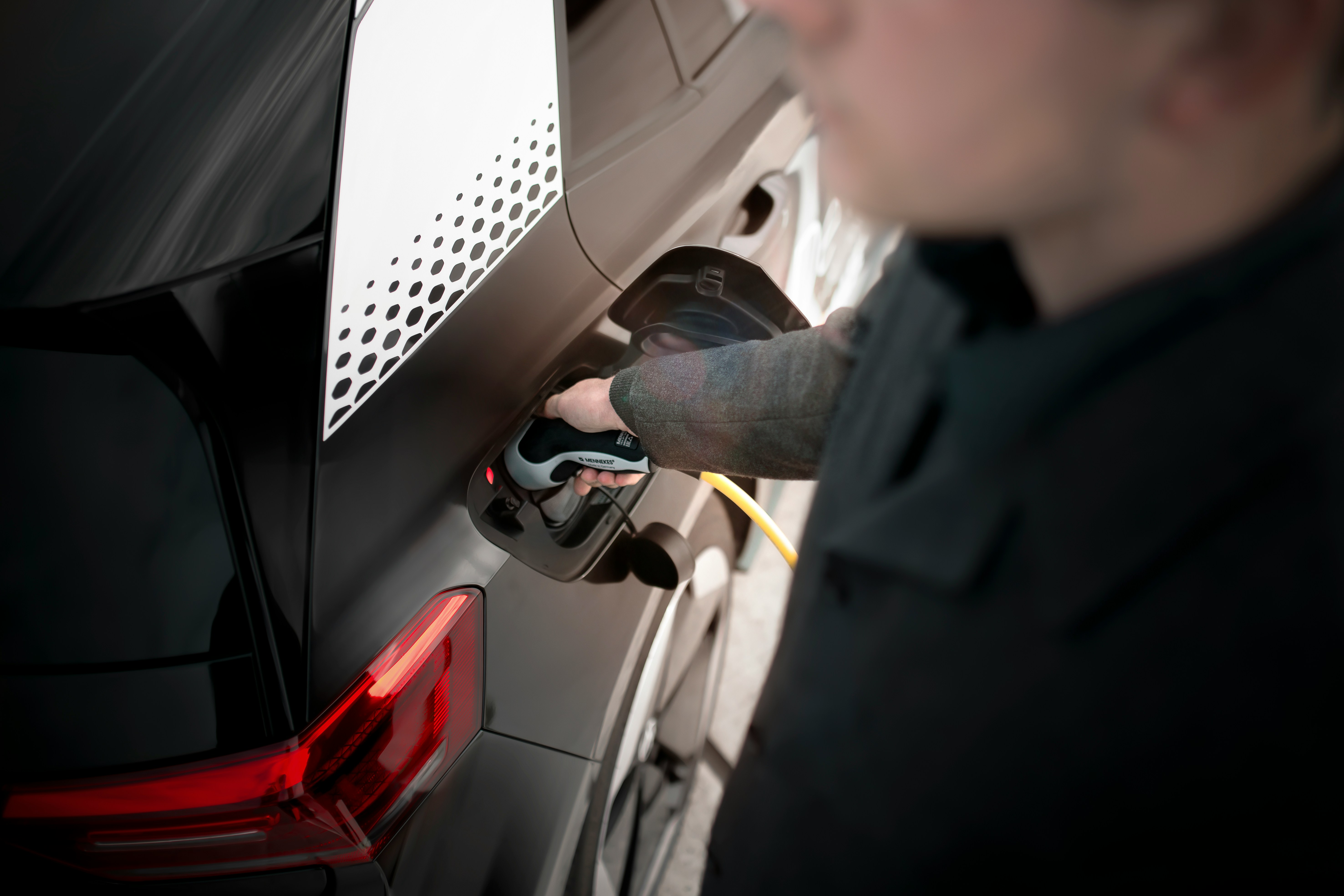
Meanwhile, kerbside charging is becoming more accessible, particularly in progressive cities like Oxford, offering a lifeline to those without driveways. It’s not yet consistent nationwide, but the direction is promising, and buyers feel increasingly in control.
Price, range, and resale remain key barriers
Despite progress, cost remains the number one blocker. Three-quarters of respondents say EVs are still too expensive, with 73% also citing range anxiety as a key factor in stopping them from switching. Resale value concerns are rising too, up five points from last year.
And while new car subsidies may boost sales in the short term, they could also further suppress used EV values, creating knock-on effects for dealer margins and buyer confidence. Media coverage of this divide may risk further dampening sentiment, so clear, honest communication will be essential. How brands approach this is essential, especially when they don’t have access to the second, third and fourth owners of their cars.
Buyers are savvy and expect value
Most motorists expect to spend between £10,000 and £25,000 on their next car. Many are delaying their decision unless a standout deal comes up or the right incentives are offered.
One in three say they’d consider buying fully online, but two-thirds still prefer to go through a dealer. The human element still matters, especially when big decisions and new technologies are involved.
Brand loyalty continues to decline. Only 9% of drivers now say they’d stick to a single manufacturer, which is down from 20% in 2023. This emphasises just how much of an open market brands can enjoy and proves, to a point, why the likes of Jaecoo, Omoda and BYD have been able to enjoy so much success. Legacy brands can no longer rest on their laurels when it comes to marketing and they must market cleverly to answer problems, challenge perceptions and protect their market share.


